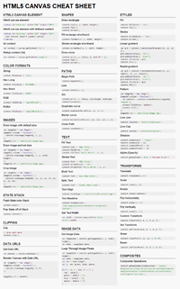Here’s What You Need to Start a Career in Web Design
Description
Web design has become quite the lucrative career lately. Naturally, your idea of lucrative might be different than others, so check out a recent salary comparison to see how different careers rack up against one another—but I digress. It’s no wonder why more and more people want to get into web design but sadly, some get discouraged at the beginning. Newcomers might find themselves overwhelmed. In this article, we aim to offer some precious bits of advice to any newbie who’s trying to get into web design. We hope this advice will make your first steps as easy as possible!Create a portfolio!
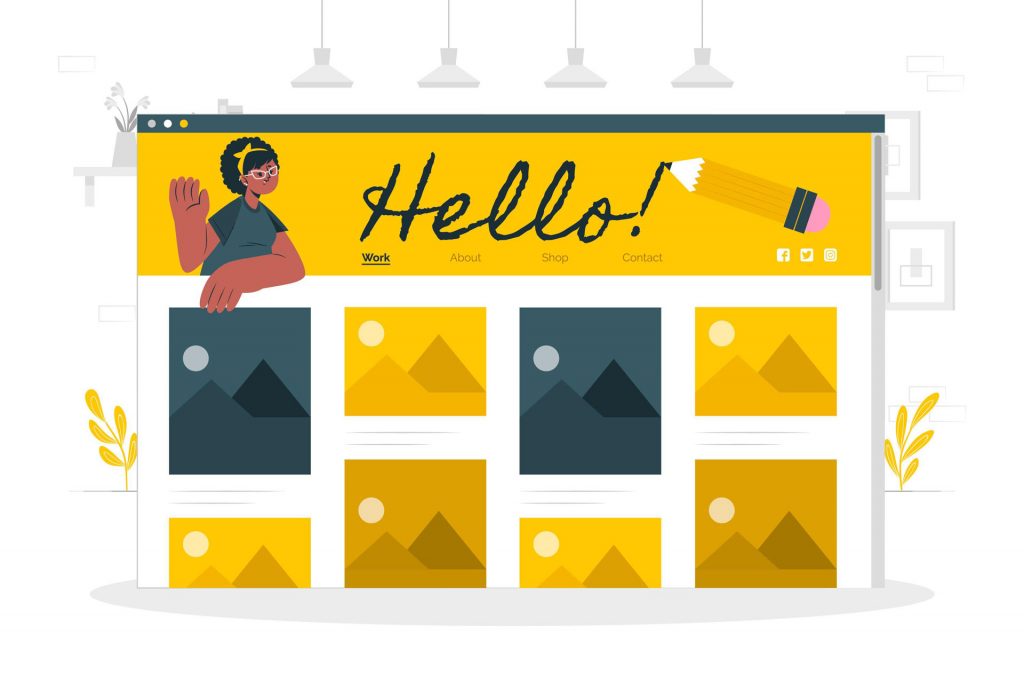
If you want a solid career in web design, you’ll first need to put together a portfolio of your best works. You won’t even have to start it from scratch, as there are countless tools available online that will help you build the perfect online portfolio. This will act as your business card and is also the first thing a client needs to see before hiring you.
If you don’t have many works to display, you can always create mock projects that will act as place holders until you get more work. You can come up with a website design for a friend, you can play around with rebranding of your favorite companies or create a custom product landing page for an imagined product. The point here is that you don’t need paying clients to have a portfolio. All you need is to show that you can design great sites!
Learn some theory!
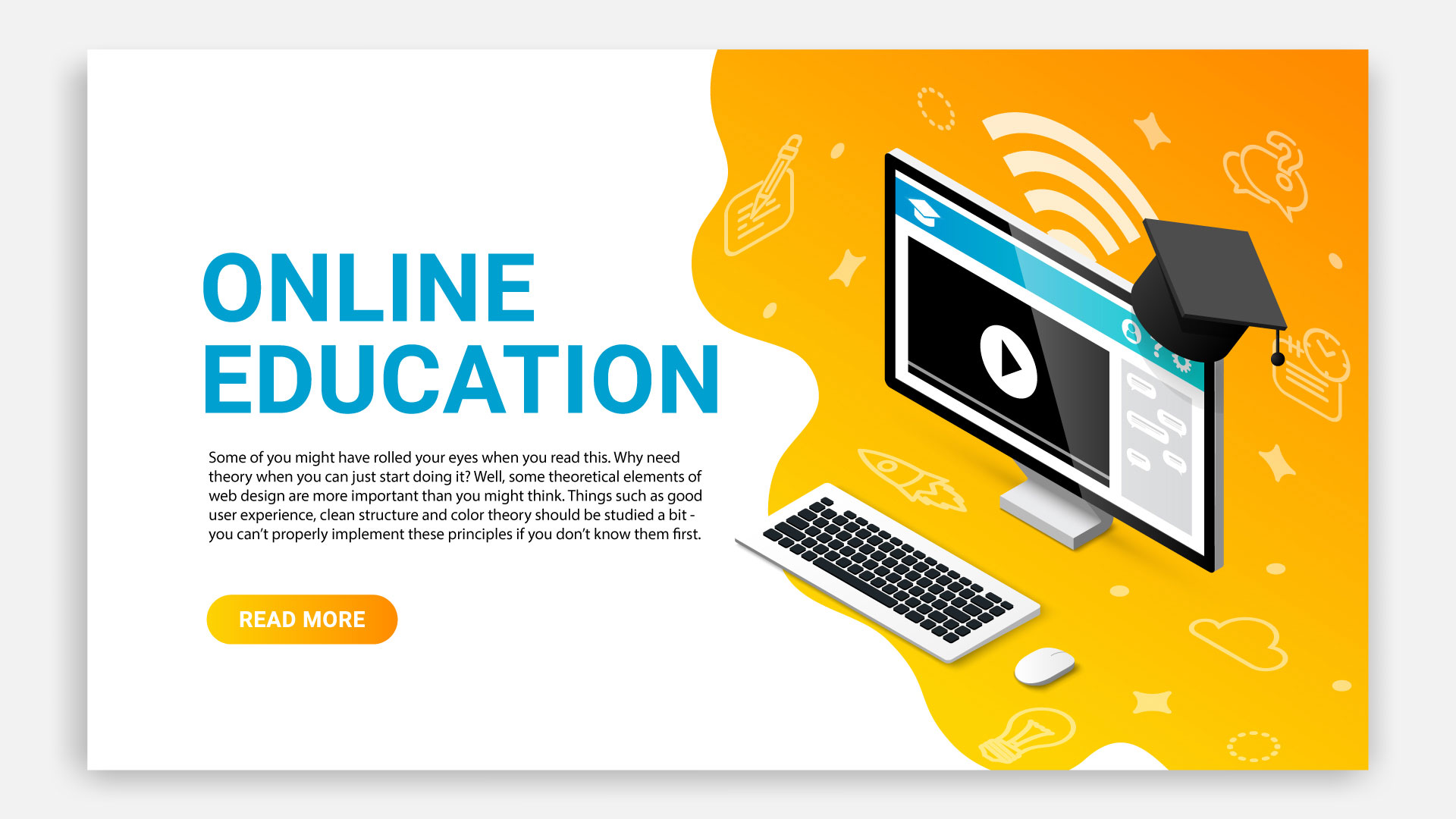
Some of you might have rolled your eyes when you read this. Why learn theory when you can just start doing it? Well, some theoretical elements of web design are more important than you might think. Things such as good user experience, clean structure and color theory should be studied a bit - you can’t properly implement these principles if you don’t know them first.
It’s up to you how you study this theory. You can attend online courses and webinars or even web design bootcamps. The bootcamps have become increasingly popular lately as they offer quick but very intense lessons in web design. The best such bootcamps have web designers ready for their first job in as little as 12 weeks! However, if you feel like taking it slow, there are countless YouTube videos on design theory you can watch.
Master the tools!
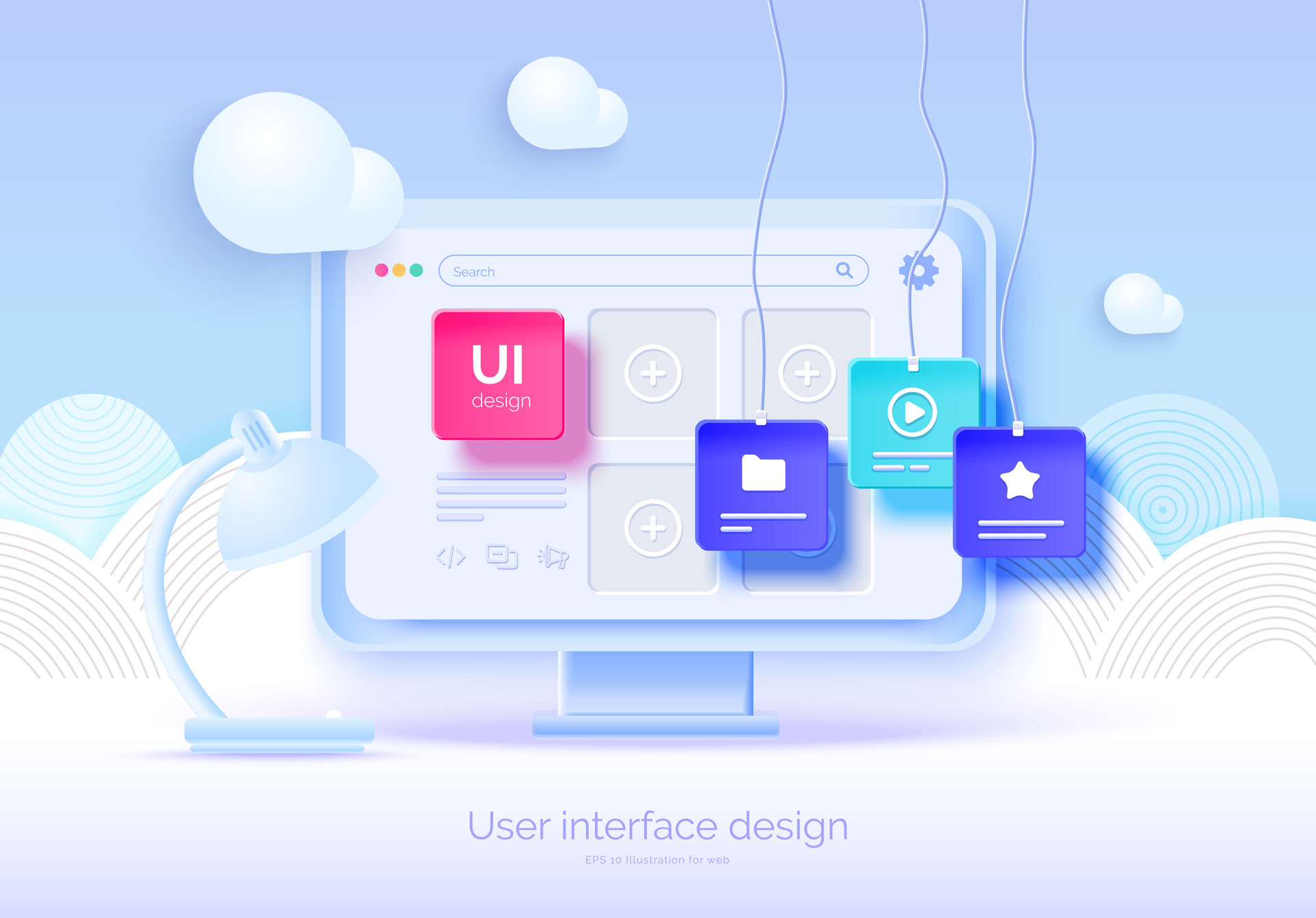
You can’t do good web design if you don’t master the tools of the trade. The world has seen quite some advancements in web design tools, but the following list is ever-green and any new web designer should know how to use at least a couple of the following tools:
- Photoshop. Starting with the most obvious, you should know how to use Photoshop if you want to create eye-catching designs. You can create stunning photos, patterns and gradients with its help.
- Google Web Designer. Google Web Designer is a simple but powerful tool that will allow you to create amazing HTML5 content. With Google Web Designer, you’ll be able to use animations and interactive elements that will really make your design pop.
- Dreamweaver. Dreamweaver is another lovely tool created by Adobe. If you’re not a programmer, you can use this tool to directly code your website. On top of that, it even comes with premade templates that newcomers can use to create stunning and responsive designs.
-
- InVision Studio. InVision Studio is any web designer’s favorite tool. It has a huge array of useful features, but its strongest point is the fast prototyping. You can also add gestures and interactions such as swiping or scrolling to make your design truly interactive.
Stay updated with the newest tech!
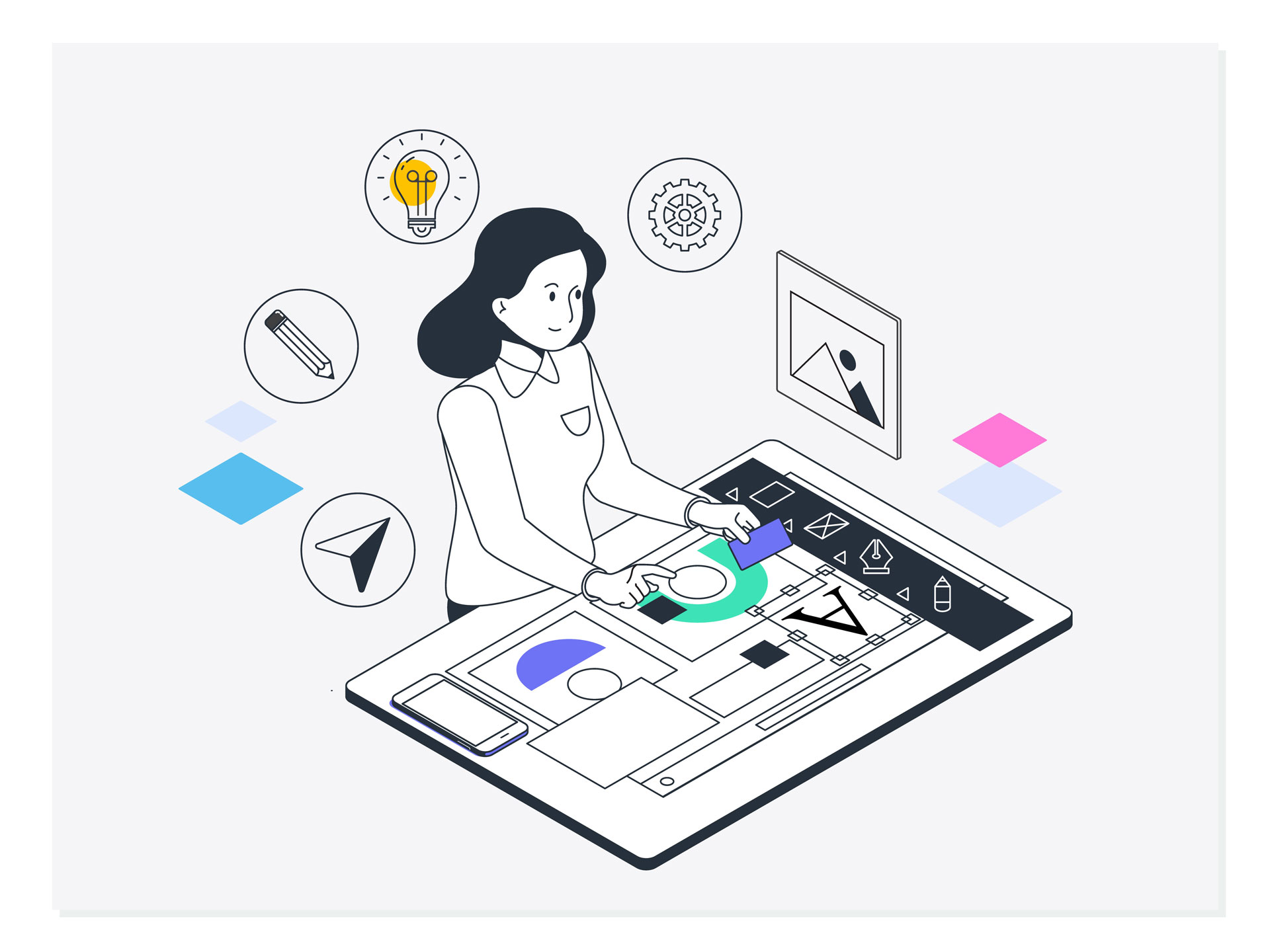
We’re not saying this will be easy but it’s an important thing to consider if you want to become a good web designer. AR, VR, 360 videos, AI - it can be quite hard to keep up with every new piece of technology that comes around. But try to focus on the trends and see if you can even anticipate them so you can jump on an early bandwagon.
You should take things one step at a time and start with the technologies you’re more comfortable getting into. We also recommend you subscribe to newsletters from publications and websites that deal with technology and design.
Find a mentor!
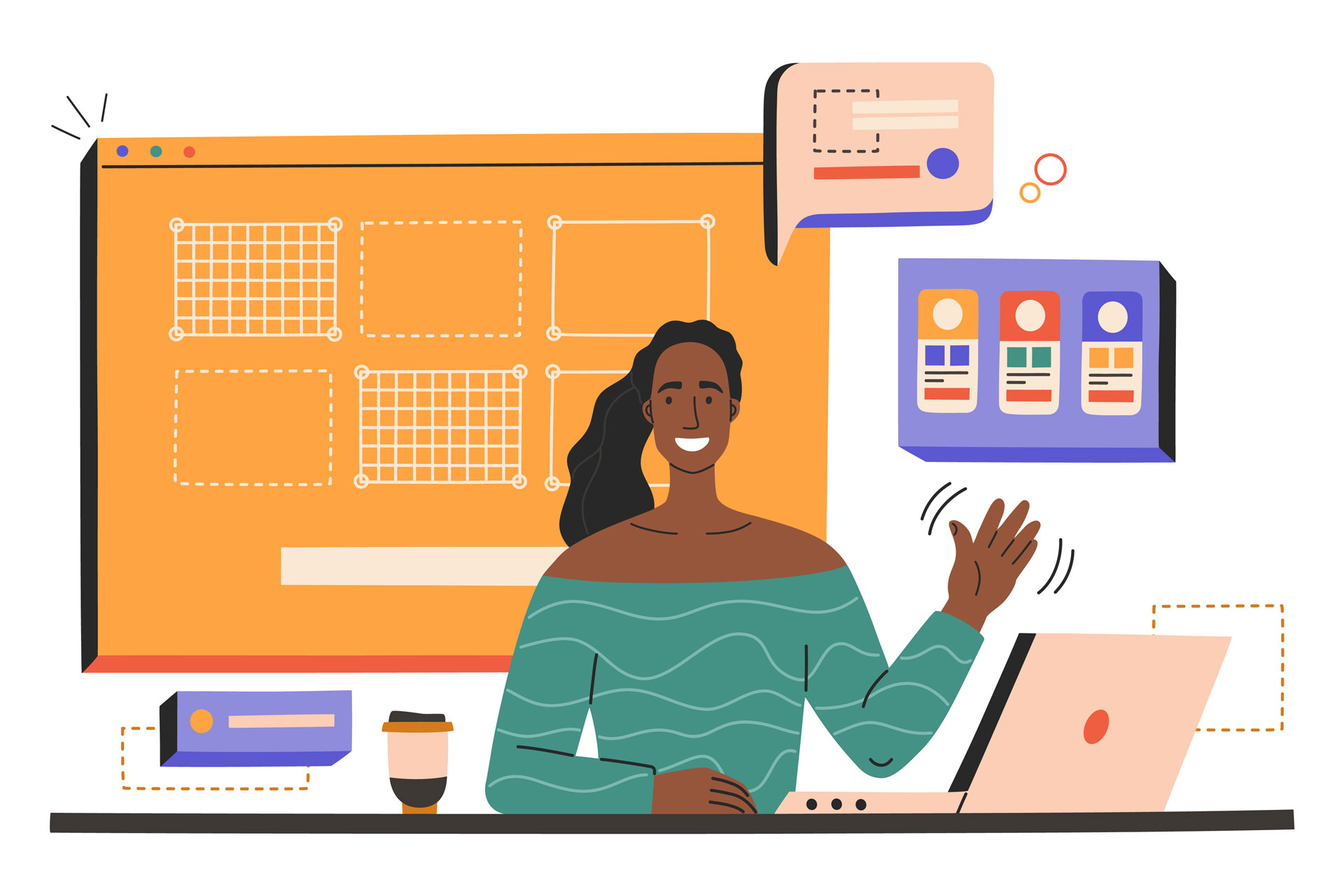
If there’s someone you admire from the world of web design, don’t be afraid to get in touch with them so you can get some valuable information and insight about the job. Most of the senior web designers out there are really friendly and will be happy to offer advice to newcomers.
Finding a mentor that can show you the ropes would prove invaluable. They have years, if not decades of experience under their belt. This means that they’ve seen it all and can offer precious advice on both design and other aspects such as client service and even networking.
Apply to jobs!

You’ll never get your dream web design job if you don’t start applying. If you’re fresh out of training or have little experience in the working field, you should ideally be looking for an entry-level job. However, if you have some tech experience (it doesn’t have to be design-related), you might be able to qualify for a better paying position. Just make sure you’re fully aware of both your strengths and your weaknesses.
If a 9 to 5 isn’t really your thing, you can get into freelancing. It might be harder to find your first client but once those positive reviews and testimonials start coming in, you’ll have so many projects you’ll have to start refusing them!
Our Conclusion
Getting into web design isn’t easy. But once you’ve overcome those first weeks or months, it’s going to be smooth sailing. Just keep learning, keep an open mind and never stop looking for opportunities because you never know when you’re going to land your next big project.
Don’t forget about networking and try to always be on the lookout for industry people you can communicate with. They can offer invaluable advice and even help you get a better job. Just stay true to yourself and let your skills do the talking!
 Blog
Design
Development
Mobile
Inspiration
CSS
Javascript
News
Opinions
Politics
Menu
Blog
Design
Development
Mobile
Inspiration
CSS
Javascript
News
Opinions
Politics
Menu
